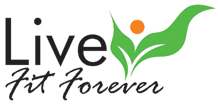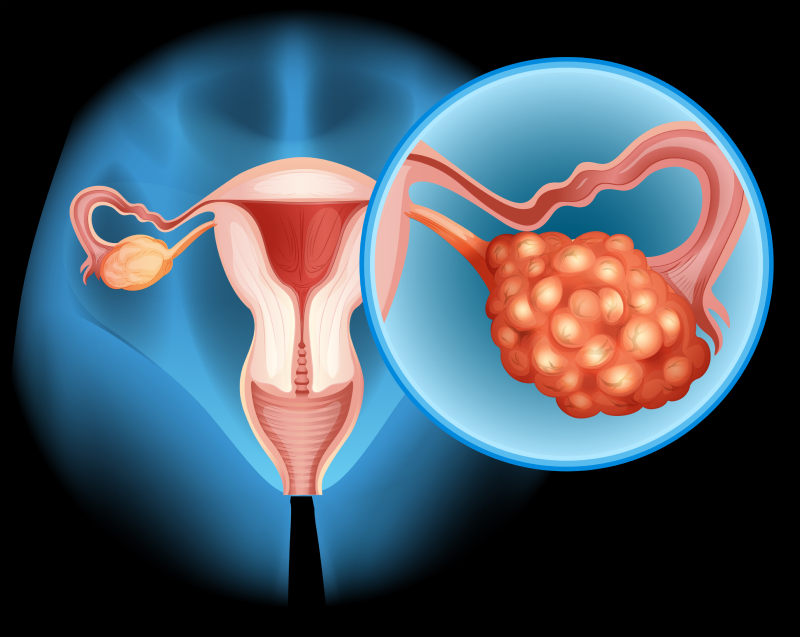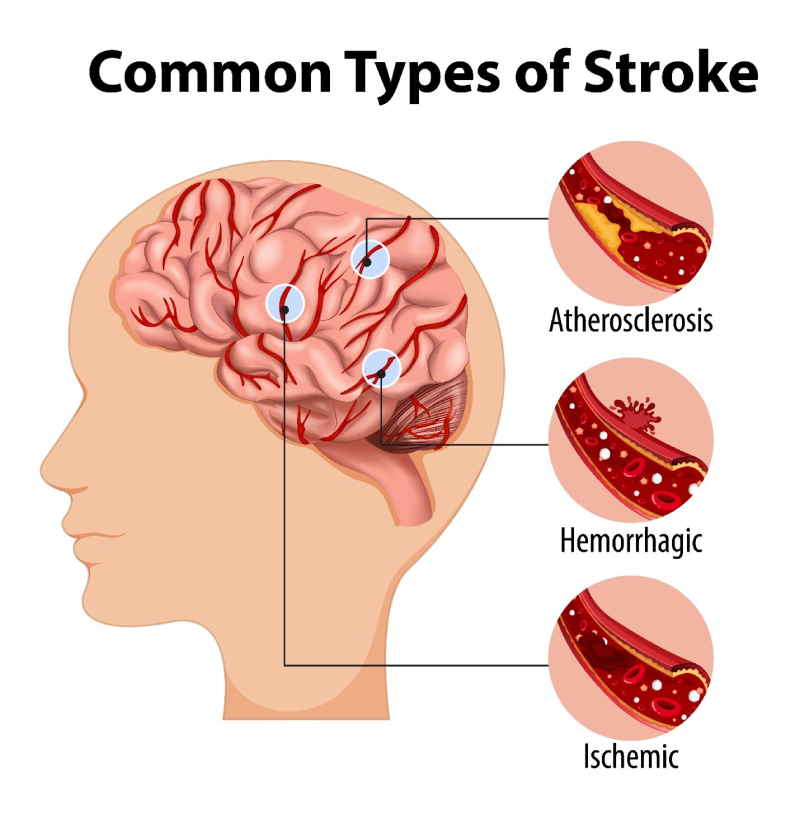Very Important! Lifesaving First Aid for Heart Attack

Livefit4ever,
Medically Reviewed by Dr. Sarat Chandra,
September 17, 2020

Remember!
The warning signs of a heart attack begin, hours, days or weeks in advance.
First of all – Be sure that the person is experiencing a heart attack.
Learn about Heart Attack Symptoms or warning signs of heart attack.
Read: “Heart Attack Symptoms Differ in Women”
If you are well aware of the symptoms, then you will be able to identify heart attack symptoms instantly – and take necessary and prompt action.
Providing care right away helps in keeping the heart from stopping. In addition, it may also help cut down the damage to the heart muscle to a lesser extent.
The First Step
Give the patient one Aspirin tablet immediately. Be sure that the person is not allergic to aspirin and also confirm from the patient or his close associate whether the patient has been told by his or her doctor not to take aspirin. If it is the case, then don’t give aspirin to the patient.
If you are pretty sure that the person is experiencing a heart attack, immediately call for emergency help.
Let the person sit down, rest and relax.
Loosen any tight clothing
Do not do the following:
- Leave the person alone.
- Wait for the symptoms to go away.
- Do not give any other medicine except aspirin if the person is not allergic to it.
- Do not give nitro-glycerine unless it has been prescribed by the cardiologist for an existing heart condition.
- Do not allow the person to convince you not to call for emergency help.
- Do not allow the person to deny the symptoms.
- Do not listen to the excuses of the person.
If it is not possible for the emergency team or ambulance to reach to your place within 15 to 20 minutes or more, then immediately take the patient to the hospital in a four-wheeler vehicle available at your disposal.
The person experiencing a heart attack should never drive himself to the hospital.
If the patient becomes unconscious, begin CPR if you have received CPR training.
If you have not received CPR training, cardiologist recommend performing only chest compressions (around 110 to 120 compressions per minute).
Learn how to perform chest compressions here.
If you notice that the patient is unconscious and an AED (automated external defibrillator) is available nearby, then follow the device’s instructions for using it.
Before reaching the hospital inform the cardiologist and ER team (emergency physicians’ team) at the hospital about the visit.
Share this lifesaving information with your friends and relatives. Don’t forget to leave your comments below.






